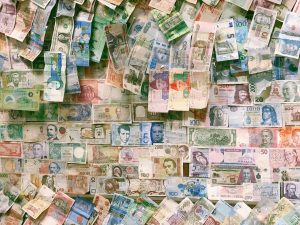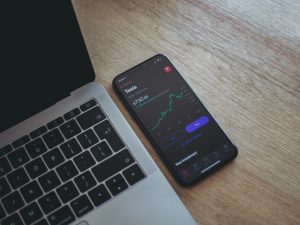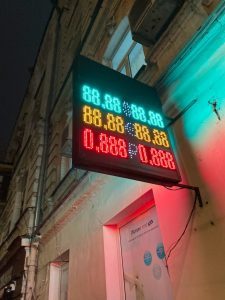Forex, also known as foreign exchange, is the largest financial market in the world, with a daily turnover of over $5 trillion. As a decentralized market, forex allows traders to buy and sell currencies from all around the world. One of the most important aspects of forex trading is the fees that traders have to pay for each transaction. In this article, we will explore the various fees associated with forex trading and how much percent fee traders can expect to pay.
Spread
The spread is the difference between the bid and ask price of a currency pair. It is the primary fee that most forex brokers charge their clients for trading. The bid price is the price at which a broker buys a currency, while the ask price is the price at which they sell it. The difference between the two prices is the spread. The spread can be fixed or variable, depending on the broker.
Fixed spreads are determined by the broker and do not change, regardless of market conditions. Variable spreads, on the other hand, fluctuate depending on market volatility. When the market is volatile, the spread tends to widen, making it more expensive to trade. Conversely, when the market is stable, the spread tends to narrow, making trading cheaper.
The spread is usually expressed in pips, which is the smallest unit of measurement in forex. A pip is equal to 0.0001 of a currency unit, and it represents the fourth decimal place in a currency pair. For example, if the bid price for EUR/USD is 1.1200 and the ask price is 1.1205, the spread is 5 pips.
The size of the spread can vary depending on the broker and the currency pair being traded. For major currency pairs like EUR/USD and USD/JPY, the spread is usually lower than for exotic pairs like USD/ZAR or USD/TRY. On average, traders can expect to pay a spread of 0.1 to 1.5 pips for major currency pairs, and 5 to 20 pips for exotic pairs.
Commission
In addition to the spread, some forex brokers charge a commission for each trade. The commission is usually a fixed amount per lot, and it is charged on top of the spread. The commission can also vary depending on the broker and the currency pair being traded. Some brokers offer commission-free trading, but they usually compensate for this by widening the spread.
The size of the commission can range from a few cents to a few dollars per lot. For example, if a broker charges a commission of $5 per lot, and a trader opens a position of one lot, they will have to pay $5 in addition to the spread. If the spread for the currency pair is 1 pip, the total cost of the trade will be $10 (spread + commission).
Swap
Another fee that traders may have to pay in forex trading is the swap. The swap is the interest rate differential between the two currencies in a currency pair. It is the cost of holding a position overnight, and it can be either positive or negative, depending on the direction of the trade.
If a trader buys a currency with a higher interest rate than the currency they are selling, they will receive a positive swap. Conversely, if they buy a currency with a lower interest rate than the currency they are selling, they will pay a negative swap. The size of the swap can vary depending on the broker and the currency pair being traded.
The swap is usually expressed in pips, and it is charged at the end of each trading day. If a trader holds a position over the weekend, the swap will be charged for three days instead of one. The size of the swap can range from a few pips to hundreds of pips, depending on the broker and the currency pair being traded.
Conclusion
In conclusion, forex trading fees can vary depending on the broker and the currency pair being traded. The most common fee is the spread, which is the difference between the bid and ask price of a currency pair. The commission is another fee that some brokers charge for each trade, and it is usually a fixed amount per lot. The swap is the interest rate differential between the two currencies in a currency pair, and it is the cost of holding a position overnight. Traders should carefully consider the fees associated with forex trading before opening an account with a broker, and they should choose a broker that offers competitive fees and a transparent fee structure.






